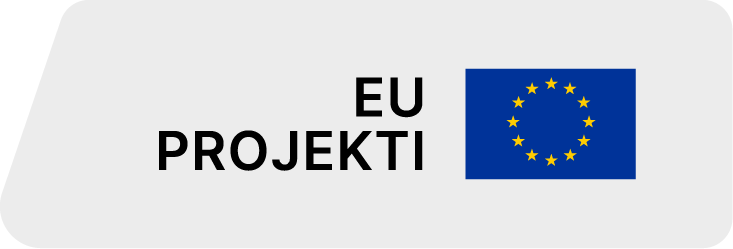The European Union has significantly raised the bar for cybersecurity with the introduction of the NIS2 directive, which brings stricter and more detailed requirements for organizations in key and important sectors. Here, we focus on two key aspects of the directive: minimum security requirements and precise timeframes for incident reporting.
Read more about NIS2 Directive and compliance in this detailed guide.
Minimum Security Requirements
NIS2 introduces comprehensive security requirements based on four main pillars:
1. Risk Management
o Organizations must implement technical, operational, and organizational measures to mitigate cyber risks.
o This includes incident management procedures, supply chain security, access control, and encryption.
2. Corporate Governance
o Management bodies are responsible for overseeing and approving cyber risk management protocols.
o Training for members of governing bodies is mandatory, and training for all employees is encouraged.
3. Incident Reporting
o Establishment of procedures for rapid reporting of significant security incidents.
o A "significant" incident is defined as one that causes serious operational disruptions or potential damage to other entities.
4. Business Continuity
o Organizations must develop strategies for rapid recovery after an attack.
o Emphasis is placed on adopting cloud backup solutions.
Detailed Security Requirements
Article 21 of the NIS2 directive prescribes a series of specific measures that organizations must implement:
• Risk analysis policies and information system security
• Incident management
• Business continuity (backup management, disaster recovery)
• Supply chain security
• Security in procurement, development, and maintenance of IT systems
• Evaluation of risk management measure effectiveness
• Basic cyber hygiene practices and training
• Use of cryptography and encryption
• Human resource security and access control
• Multi-factor authentication
• Secure emergency communication systems
Reporting Timeframes
NIS2 introduces a precise and multi-stage process for incident reporting:
1. Early Warning (24 hours)
o An initial report must be submitted within 24 hours of becoming aware of the incident.
o The aim is to quickly alert potential cross-border threats.
2. Subsequent Notification (72 hours)
o A more detailed report must be provided within 72 hours.
o Includes an assessment of severity, impact, and indicators of compromise.
3. Final Report (1 month)
o A comprehensive report must be submitted within one month.
o Contains a detailed description of the incident, severity, consequences, type of threat, and applied mitigation measures.
Additional Reporting Obligations
• Organizations must also report significant cyber threats that could result in an incident.
• An incident is considered significant if it causes material operational disruptions, financial losses, or potential damage to other entities.
How Can Alfatec Help?
The NIS2 directive sets high cybersecurity standards for organizations in the EU. By introducing detailed minimum security requirements and precise reporting timeframes, the directive aims to create a robust framework for prevention, detection, and response to cyber threats.
Organizations covered by the directive must significantly enhance their security practices, incident management processes, and reporting mechanisms. This is not just a regulatory obligation but an opportunity to strengthen overall cyber resilience. Here is where Alfatec steps in with significant assistance from vendors such as Thales, Entrust, Qualys, Forcepoint, and many other global IT security names.
As the deadline for full implementation of NIS2 approaches, organizations should urgently review their current security practices and reporting systems and take necessary steps to align with the new requirements. In an increasingly interconnected digital ecosystem, these measures are not just protection for individual organizations but a contribution to the collective cybersecurity of the entire European Union. Feel free to contact us and find out more at azur.saciragic(at)alfatec.ai or dario.selimagic(at)alfatec.ai .



